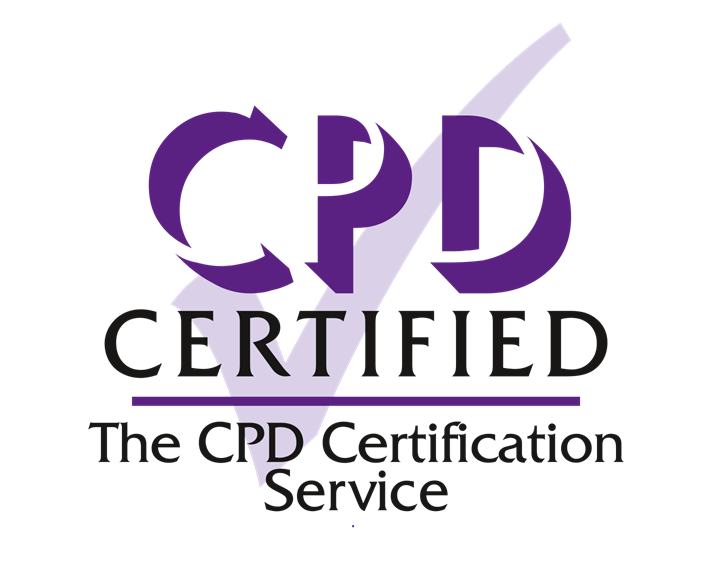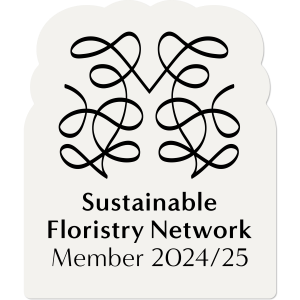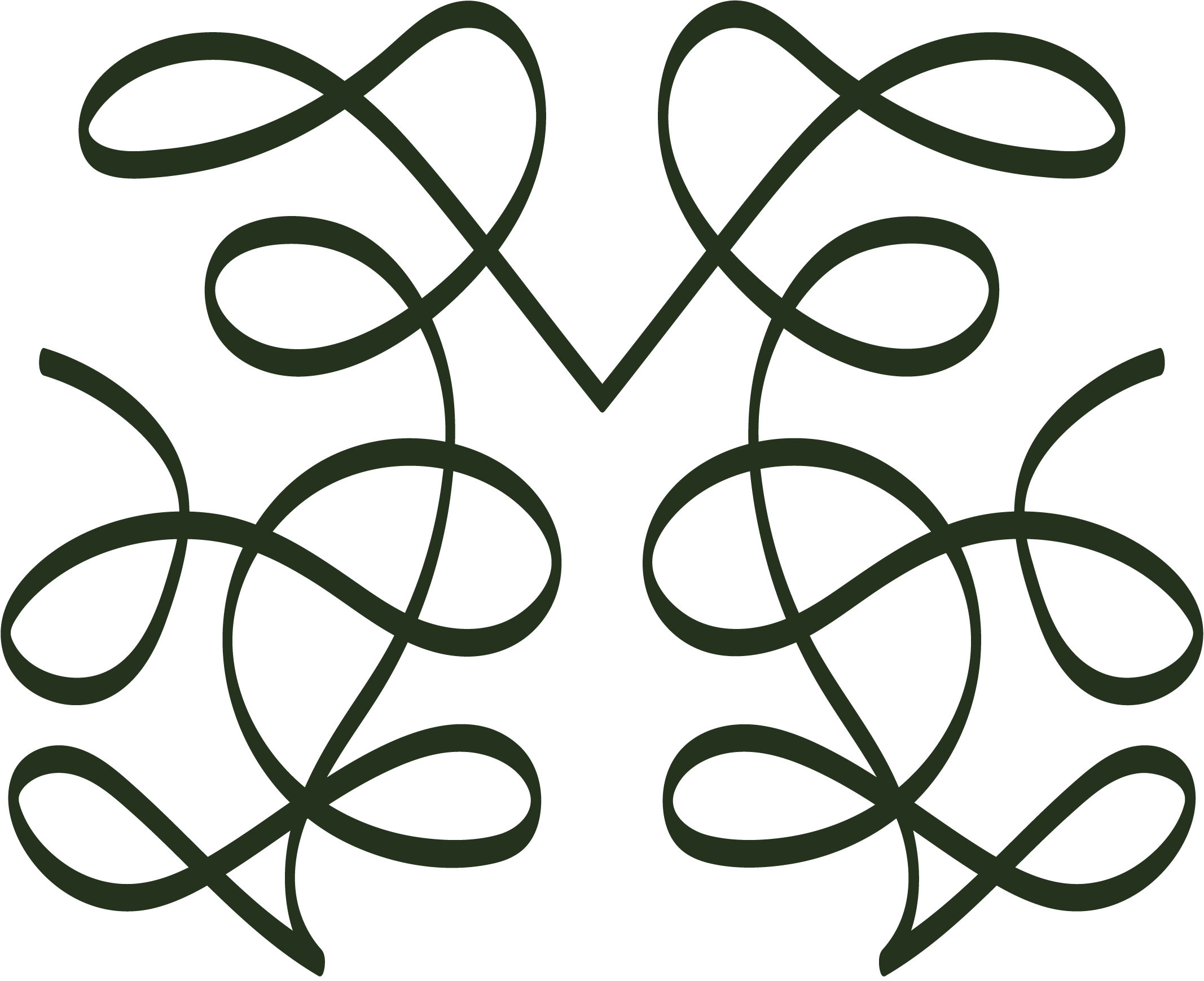course one
Foundation in Sustainable Floristry

Overall course rating
4.9/5 (140)


This course connects the science of sustainabilityto the art of floristry.
What our students have to say:
This course is thorough, enlightening, moving, terrifying, urgent, essential, galvanising, and so much more. Essential for anyone who wants to make a living from floristry.”
Louisina Currie
flower farmer & florist, UK
flower farmer & florist, UK
The course really gave me food for thought and made me question what I can do better. It feels very positive — it gives hope, and direction. Highly recommended to anyone who uses flowers and cares about this planet we call home.
Sarah diligent,
florist & author, a guide to floral mechanics, UK.
florist & author, a guide to floral mechanics, UK.
Very thorough and clear! The video content is brilliant and the interviewees were very informative. I like that this course wasn't particularly about design. I feel like that is a whole other course. This course is more about gaining wider knowledge about the floral industry & really changing mindset. I was thinking while doing the course that EVERY florist needs to do this!!
MARGIE, florAL DESIGNER, AU
What's included?
Students have six months to complete the course, at their own pace. Upon completion, students receive a certificate, verifying their CPD achievements.
Hear from the experts
Our interviews with global floriculture experts from the Sustainable Cut Flowers Project, UK, provide expert insight into the challenges faced by the industry.
Rich in video content
Our video interviews and multimedia resources deliver complex information in an engaging and stimulating format.
Motivation to change behaviour
Our carefully curated collection of resources have been designed to inspire action as much as they inform students.
Evidence-based learning
Content is supported by references, links to resources and further reading so students can pursue interests beyond the course requirements.
Self-assessment
Short quizzes throughout invite reflection and reinforce learning to help guide students through the process of better decision making.
A new system
We show students how a principles-based approach to design and doing business can collectively transform the industry for a better global future.
What will
I learn?
The course includes 14 units of between ~ 30 mins - 1 hour. Some students complete this in a day or two, while some choose a unit per session, over a longer period. It's up to you.
Sustainability
Define ‘sustainability’, using the United Nations Sustainable Development Goals as our guide.
Environment
Learn about what's at stake and how florists can tackle climate change, biodiversity loss and pollution.
Global industry
Discover how the global floriculture industry functions and identify sustainability issues along supply chains.
Soil to vase
Discover what's involved in farming flowers on a commercial scale how this can impact the local environment.
Certifications
Use cut-flower certifications effectively through understanding what they represent.
Design
Emissions
Circular economy
Move away from our 'take-make-waste' linear approach — to conserving resources through circular systems.
Ethics
People
Flowers
Communication
The SFN is an independent education and membership organisation for florists.
At the SFN, we are creating a new standard for floristry, based around sustainability principles.
We saw a need for truly independent, science-based education that builds sustainability in from the beginning.
This is the first course in our Flowers 2030 education program
This is the first course in our Flowers 2030 education program
Will the course certify me as a 'sustainable florist'?
No. The SFN is an
education and membership organisation.
We do not run a certification scheme or a compliance program. That means the SFN does not accredit, certify or audit individuals or businesses as 'sustainable florists'.
Certification is an important way of setting standards in many industries (including floriculture – you’ll learn more about that in the course), but it is an intense and often expensive process. And making claims about 'being sustainable' can have specific country-specific meanings in consumer law.
Instead, the course provides a thorough grounding in sustainable principles and practices – as they apply to floristry. And completing the course is the first step to becoming an SFN Member Florist.
We do not run a certification scheme or a compliance program. That means the SFN does not accredit, certify or audit individuals or businesses as 'sustainable florists'.
Certification is an important way of setting standards in many industries (including floriculture – you’ll learn more about that in the course), but it is an intense and often expensive process. And making claims about 'being sustainable' can have specific country-specific meanings in consumer law.
Instead, the course provides a thorough grounding in sustainable principles and practices – as they apply to floristry. And completing the course is the first step to becoming an SFN Member Florist.
What is SFN Membership?
Become an SFN Member Florist for 2024 - 2025
What are the benefits of membership?
What is CPD?
According to The Certification Service, "CPD encourages looking forward and identifying opportunities to learn something new, refresh existing knowledge, improve skills, or simply keep up-to-date with the latest developments within a particular profession or industry".


